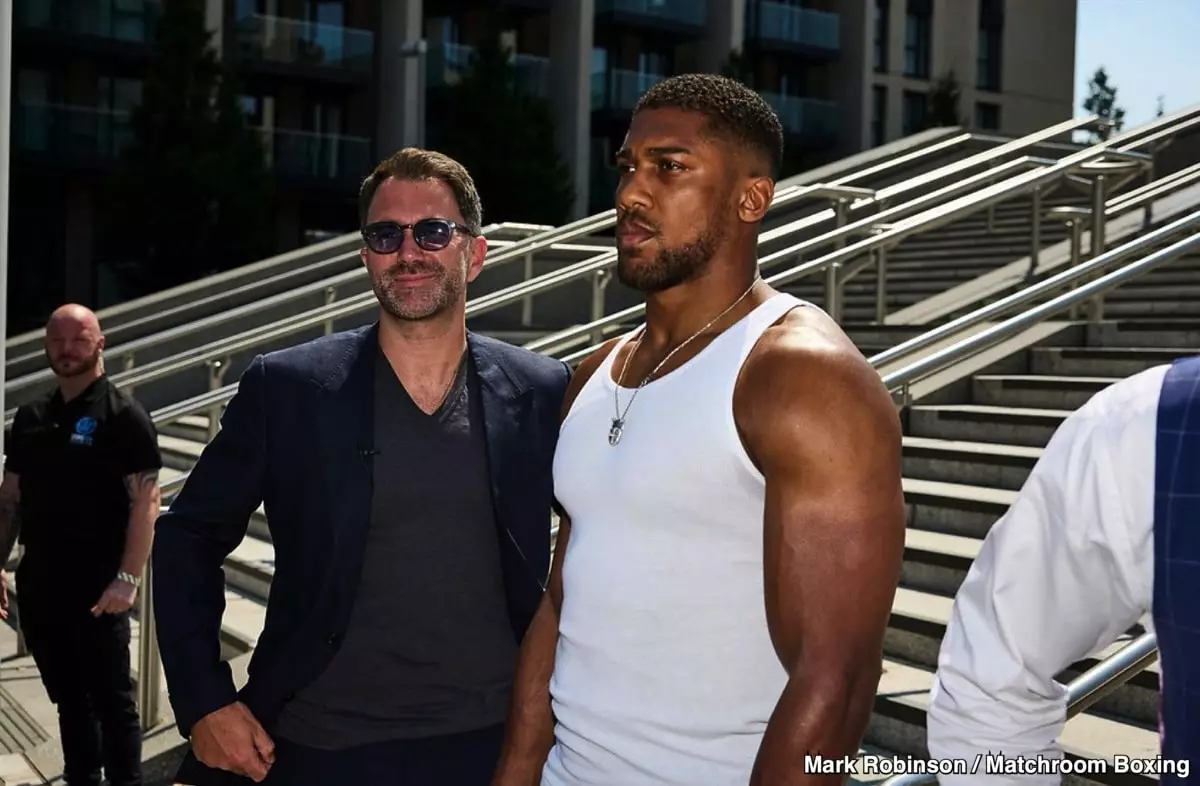As Anthony Joshua gears up for his highly anticipated match against IBF heavyweight champion Daniel Dubois on September 21st, the British boxing star reflects on the teachings from a self-help book, specifically citing “Law 15” which emphasizes the need to “Crush your enemy totally.” In the context of boxing, this mantra resonates particularly as Joshua approaches a pivotal moment in his career. With a record of 28-3 and 25 knockouts, he knows that this fight could either mark a significant comeback or further challenge his already tenuous mental state.
At 35 years old, Joshua is considered to be at a critical juncture in his boxing career—not just from a physical standpoint, where he appears fit and capable, but also mentally and emotionally. Observations from various commentators indicate that he may be displaying signs commonly associated with trauma, particularly post-traumatic stress disorder (PTSD), which could compromise his performance in such a high-stakes fight. His age may not seem alarming by itself, yet the accumulation of rigorous bouts and encounters with powerful opponents like Oleksandr Usyk have seemingly taken their toll, raising concerns about his ability to withstand Dubois’ aggressive, hard-hitting style.
Mental fortitude is essential for Joshua leading up to this fight. If he succumbs to anxiety mid-fight, his capabilities will be severely compromised. Ben Davison, his trainer, may have his usual strategies lined up, but in a volatile environment like the boxing ring, a moment of panic can render those tactics useless. Reports suggest that Joshua intends to prioritize control early in the bout, focusing on effective jabbing to manage the distance and pace against the explosive Dubois. However, whether he can maintain this methodical approach under pressure remains uncertain.
Daniel Dubois, with a record of 21-2 and a track record of 20 knockouts, is positioned to capitalize on any weaknesses Joshua may demonstrate during their showdown. Observers of the sport are acutely aware that success for Dubois could open up exciting opportunities within the heavyweight landscape. However, it has been suggested by figures in the boxing community, such as Gareth A. Davies, that even a victory for Dubois may not guarantee him a future fight with the likes of Tyson Fury. There exists a narrative that Joshua, regardless of the outcome against Dubois, may still be favored for that lucrative match-up against Fury due to existing promotional dynamics.
This sense of unpredictability permeates the boxing world, raising questions about what it means to truly deserve opportunities and recognition in the sport. Fans and analysts alike are left to ponder whether the true meritocracy of boxing is being overshadowed by promotional ties and marketability. As Joshua prepares for this monumental challenge, the implications extend far beyond personal ambition; they touch upon the very fabric of competitive integrity in boxing, showcasing how the stakes are often dictated more by fame than actual performance in the ring.
As the date approaches, all eyes will be on Joshua to see if he can emerge victorious, both physically and psychologically, against one of his most formidable opponents yet.

